This August, voters in Arab American-concentrated precincts in Dearborn, Dearborn Heights and Detroit will have a chance at some fresh representation in Michigan’s legislature.
Citizen-led independent redistricting efforts have created three new State House districts in the Dearborn, Dearborn Heights and Detroit areas that have opened up possibilities for a slate of Arab American candidates for key seats in the Tuesday, August 2 primary election.
The Arab American community led efforts to be included in the map-drawing efforts, showing up at Michigan Independent Citizens Redistricting Commission meetings to speak on the importance of keeping the community intact to have a collective voice on the state and federal levels.
The resulting maps did create three new districts that have multiple Arab American candidates, though some have criticized the commission for breaking up the community on the State House level (Dearborn and Dearborn Heights fall under one district for State Senate and U.S. House races).
The most apparent of this discontinuity in Arab American redistricting is in the newly formed State House District 4.
That district covers the entirety of the densely populated, working class Arab American neighborhoods of northeast Dearborn, but also includes large swaths of Black and White neighborhoods north of Tireman Avenue into Detroit.
Voting data and independent demographic research reveal the concentration and particular socioeconomic status of Arab American neighborhoods in those voting precincts. The older neighborhoods have been subjected to aging and declining infrastructures, deep economic inequality compared to more affluent parts of the city westwards, environmental issues like poor air quality from large industrial capital in that area and sustained flooding.
District 3 encompasses most of Dearborn’s land area, but a significant section of west Dearborn is now in District 15, which holds all of Dearborn Heights.
District 3 also holds northern neighborhoods in Detroit, such as Warrendale, and more communities north of Tireman Avenue. It also holds some communities in southwestern Dearborn which have traditionally supported White candidates.
What State House district do you vote in?
The best way to find out your exact precinct location, and which candidates and proposals appear on your ballot, is to visit the Michigan Voter Information Center online at mvic.sos.state.mi.us
The Dearborn City Clerk also has detailed precinct maps that show those State House lines at cityofdearborn.org/services/clerk/election-information.
Absentee ballots for the August 2 primary election are now available through local clerks’ offices.
To apply for an absentee ballot, track an absentee ballot or find more information on the election, visit Michigan.gov/Vote.
Voters on the permanent absentee list have been mailed applications by their local clerk, while some clerks may mail applications to all registered voters in their jurisdictions. Whether they have received an application in the mail or not, voters can apply to vote absentee at Michigan.gov/Vote. Voters who have already submitted their application can also track that it has been received and track the mailing of their ballot.
In Dearborn, absentee voter applications are available in both English and Arabic on the city’s website. And now, for the first time, Dearborn voters will have access to Arabic language ballots, including voting instructions, as well as a computerized voting program for those with disabilities.
Candidates respond
The Arab American News reached out to the Arab American candidates running for the State House seats, with the same question about their platforms. Below are the responses from Alabas Farhat (District 3), Bilal Hammoud (District 15) and Gus Tarraf (District 4).
District 3 candidates Sam Luqman and Khalil Othman did not send in responses. Ginger Shearer is on the only Republican running in District 3.
Lori Lynn Turner and Karen Whitsett are also running as Democrats for that District 4 seat, as well as one Republican, Tonya Renay Wells.
Interestingly, the only other Arab American candidate for District 15 — Afaf Ahmad — has now publicly endorsed Hammoud. Candidates are well past the date of withdrawal for the primary. Dearborn Councilwoman Erin Byrnes is also running as a Democrat for District 15. Steven J. Mackie is the only Republican candidate.
The question sent to candidates was “As you speak to voters, what are the main problems or the biggest issues of concern in your district, and how can you help alleviate those problems for residents if elected to this position?”
District 3 candidate Alabas Farhat currently runs government affairs for the Wayne County Executive’s Office and has gained key local Democratic endorsements from Dearborn Mayor Abdullah Hammoud, the UAW, the AFL-CIO and more.
There are a multitude of issues facing our district. Most notably, our unstable public schooling, feeble infrastructures and declining environmental health. In order to stabilize our schools, we have to invest in our teachers by:
(1) establishing loan forgiveness programs, (2) expanding eligibility for child care to individuals enrolled in teacher preparation programs and (3) providing student teachers with stipends to relocate and pay for housing in high-needs school districts for up to one year.
To strengthen our infrastructure, we have to rebuild aging roads and bridges, replace existing lead pipes and invest in innovative urban planning that mitigates storm flooding. To safeguard our environment, we need to impose stricter regulations on corporate polluters while also instituting heavier penalties for violations. I am committed to working with partners at the local, regional, state and federal levels to forge new solutions and pool in the funds necessary to address our most pressing issues.
District 15 candidate Bilal Hammoud comes from a background of minority advocacy, particularly in the Secretary of State’s Office, where he led efforts over the years to bring language access to voters in several municipalities in Michigan. Those efforts created the groundwork for the successful election translation measures taken in Dearborn and Hamtramck this year.
After speaking with many of our residents, it’s clear there is a deep need for an investment in our education, an upgrade to our outdated infrastructure to prevent further flooding and a prioritization of public health to address the mental health crisis impacting the community.
This district is the birthplace of the middle class and like many others, this is where my family chose to live and grow. Now more than ever we’re seeing families struggle as the rising cost of living becomes unbearable.
As state representative, I plan to fight for every dollar that we are entitled to so we can upgrade our schools and ensure air-conditioning in every classroom, expand community resources and hold all levels of government accountable to prevent future flooding.
I would be honored to earn your support so we can take a decisive role in Lansing and invest in Dearborn and Dearborn Heights.
District 4 candidate Gus Tarraf is a media professional and active community member with a long career in journalism, media production and non-profit work, which started in the early 1990s.
Through extensive conversations with friends and family, I believe that the time has come to expand on that involvement by seeking to serve the community as an elected official. I aim to bring fresh ideas and nothing but positive solutions to the state level by running for the Fourth District state rep.
For this campaign to be successful, I am turning to the people who know me best and inviting them to get involved in my campaign to help make a difference. I believe through our combined efforts, our goal shall be achieved.
The Building Michigan together Plan includes the largest infrastructure investments.
The United States currently ranks 13th in the world in terms of our infrastructure — which is unacceptable.
We can and must do more to strengthen and prepare our cities’ infrastructure.
People’s need for nearby, welcoming outdoor places where they could safely spread out, trails and green spaces everywhere in the city.
We’ve all experienced the latest flood and we should monitor to find, target, acquire data and review data for floods globally. Day and night, through clouds and darkness, we should also combine SAR imagery with auxiliary data to create accurate flood extent and depth output.
As for health, it means wealth and small changes can make a big difference in reducing problems related to health issues; and every one of us has the right in maintaining full health coverage insurance.
I would like to see lower auto insurance rates in Michigan because the prices now are so high most people can’t afford them.
I will do my best to make sure our children are safe in schools.
— Zeina Jaafar contributed to this article


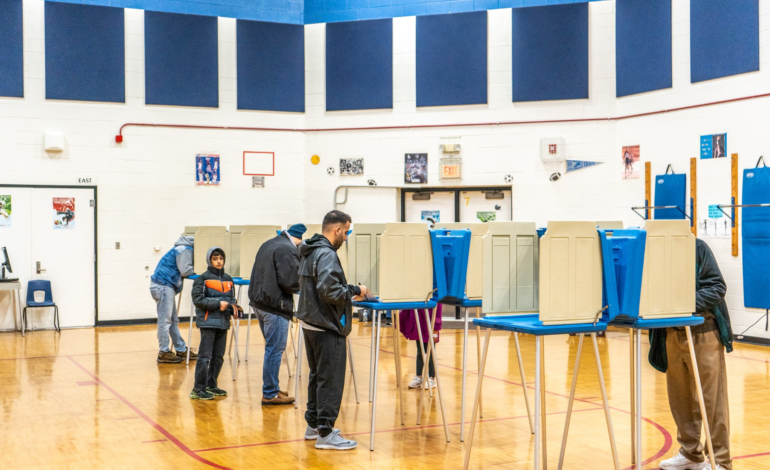
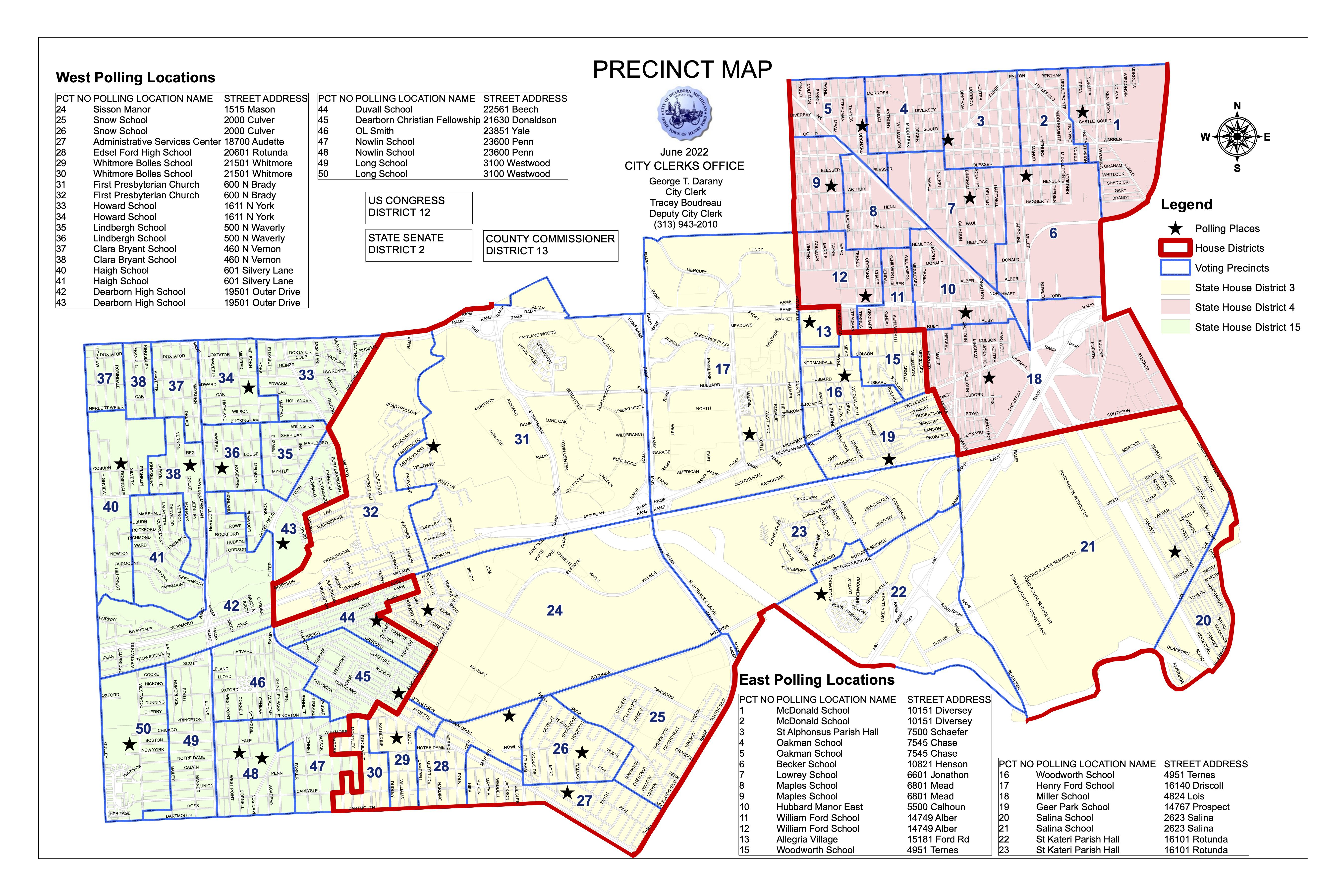
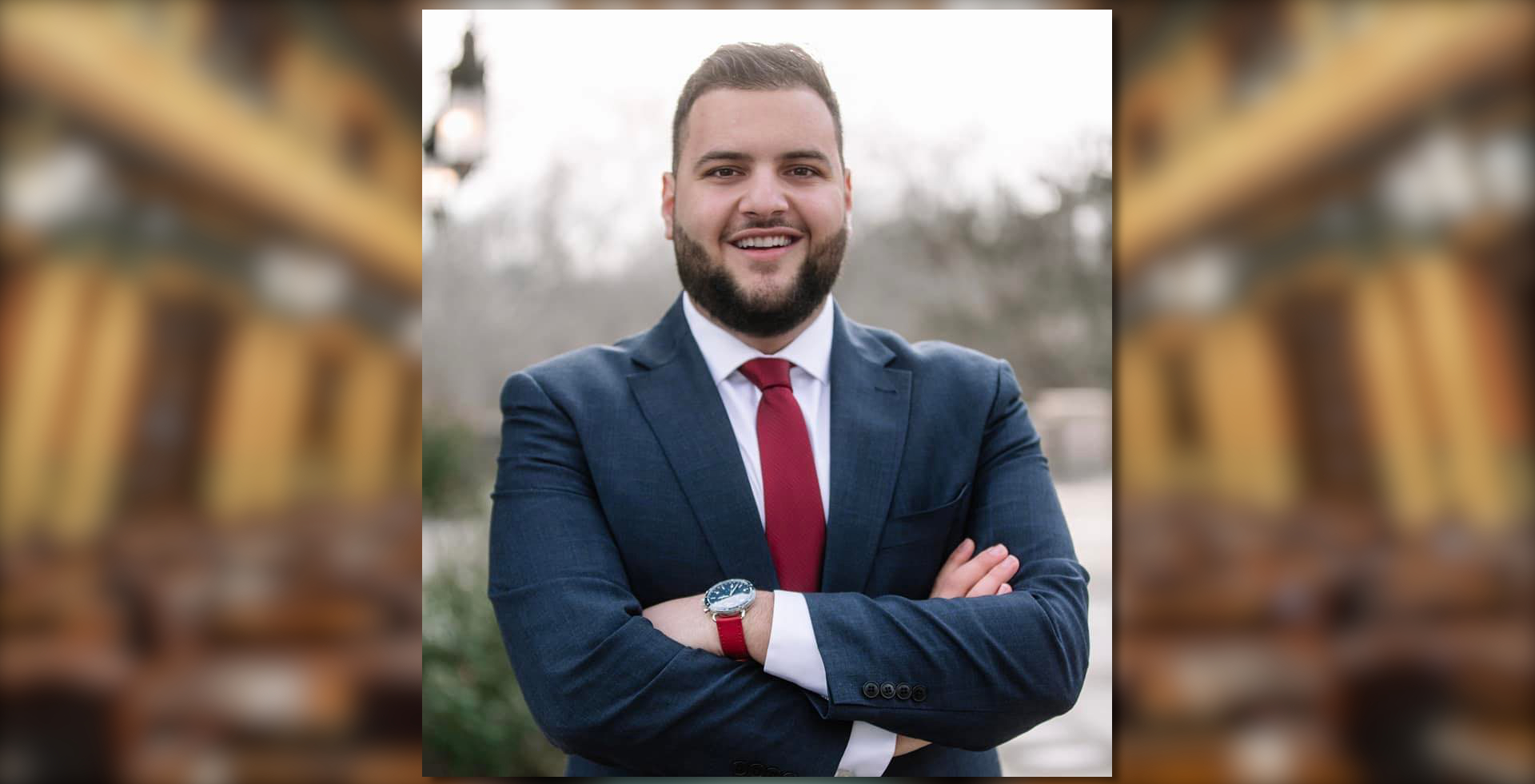
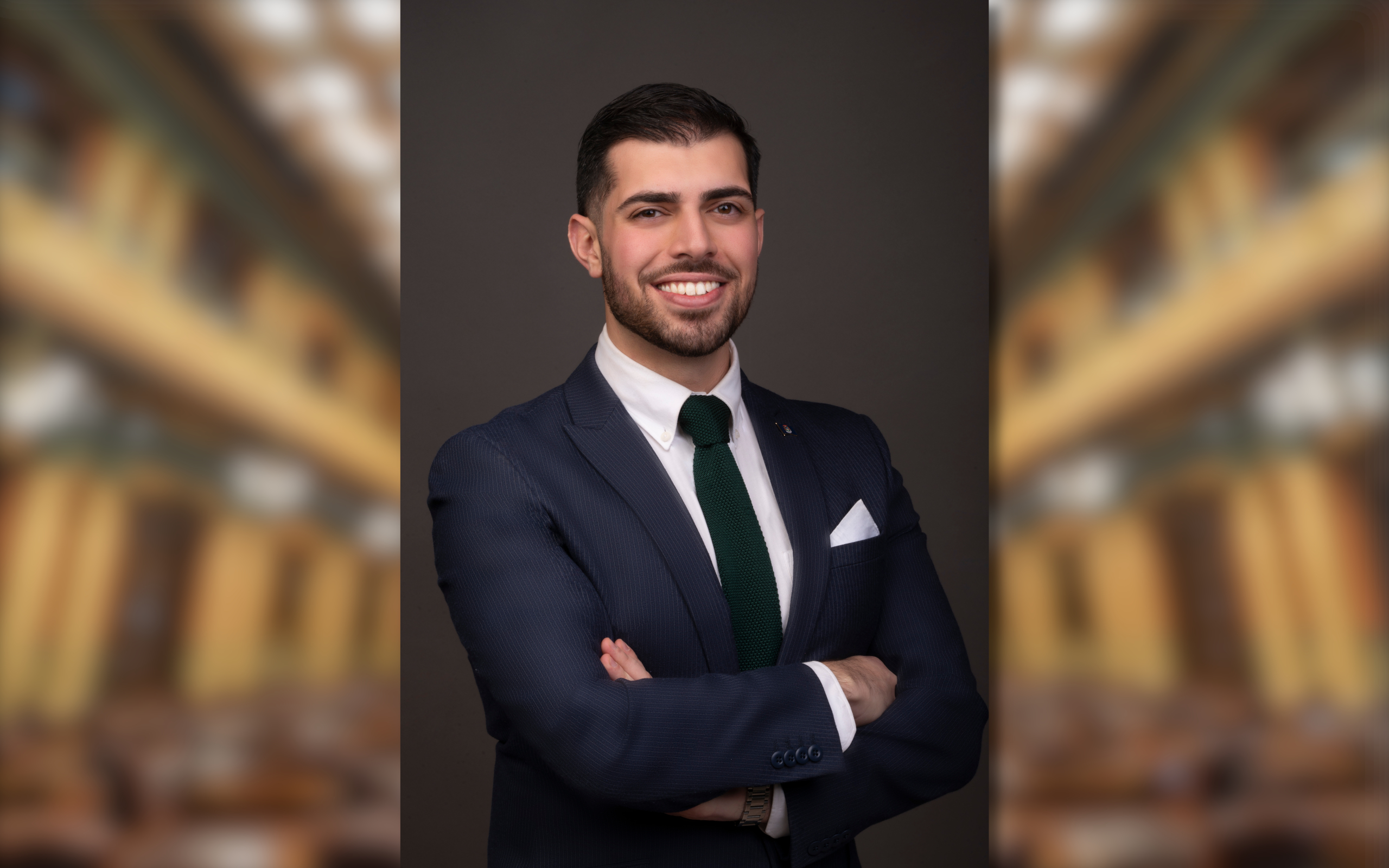
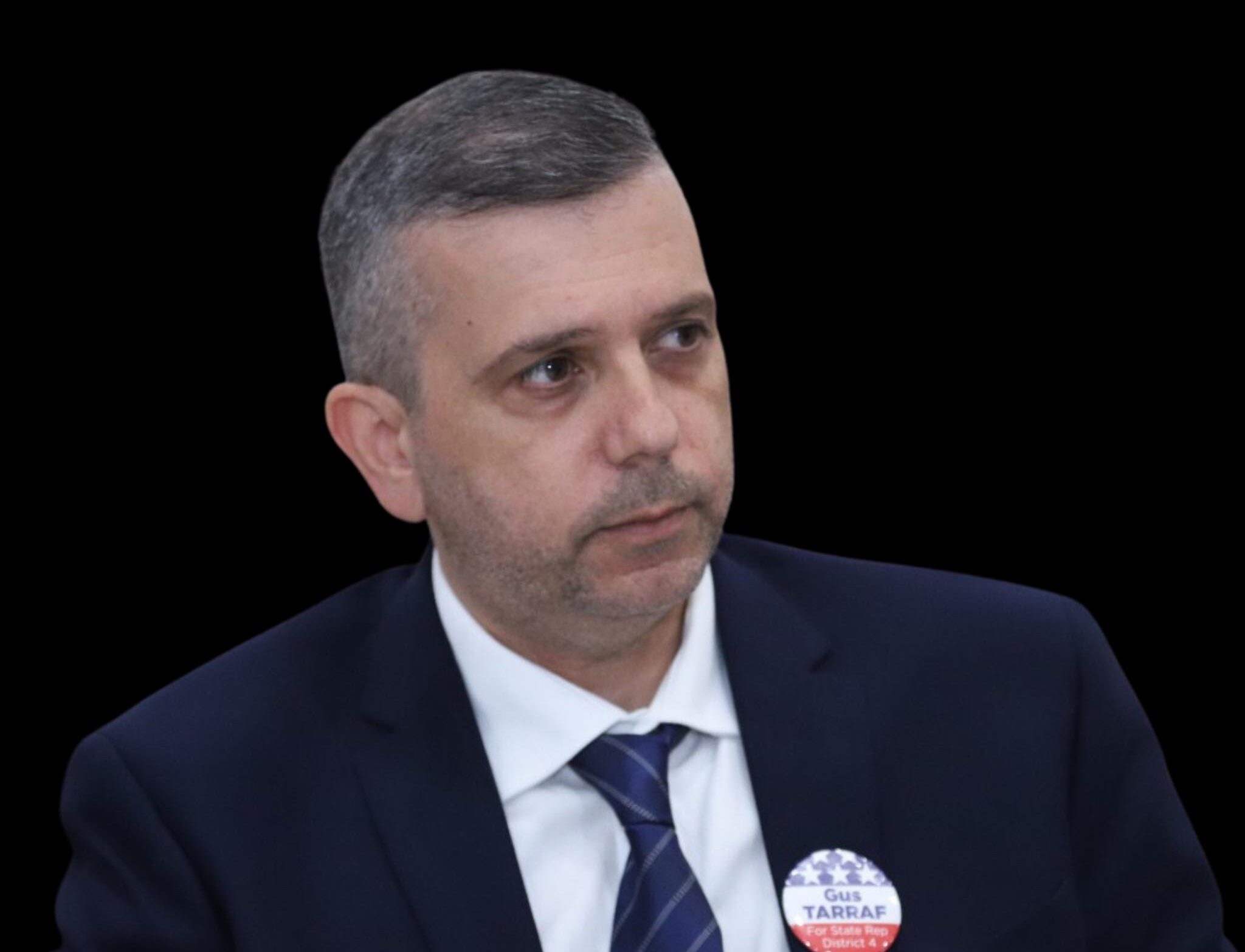



Leave a Reply